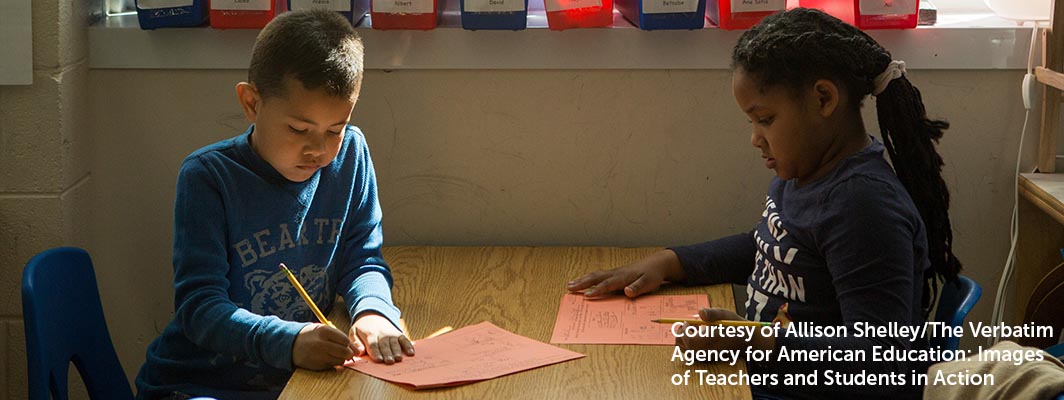
October 18, 2018 | By Medha Tare
On beginning her journey as a writer, J.H. Diehl, author of the new middle-grade novel Tiny Infinities, reflects on time spent as a child reading and being read to by her dad. Diehl thinks that “all of that early reading—and being read to—was first of all what taught me how to write.” She also notes the importance of a teacher who inspired her to write: “In sixth grade, I started writing poems for fun. When I’d composed maybe 25 or 30 of them, my teacher, Mr. Ian, suggested I turn them into a book. There were only three copies, but the number of copies didn’t matter. Once my words were in a published book, it felt to me like no one could change them. That was a really powerful feeling, and I’ve wanted to be a writer ever since.”
Diehl’s experience underscores the importance of having access to reading materials of interest, since many reluctant readers say they have a hard time finding something they want to read and their preferred texts such as comic books, magazines, or popular book series may not be available at school. Research also shows that students may read less frequently out of school due to time spent watching television or participating in organized activities like sports or clubs.
For teachers looking to motivate students to read, a few methods include:
Sixth-grader Emma says she and her friends enjoy talking at recess about new books they are reading. Right now, their favorite is a series about warrior cat clans. “I know my friends would give me a good suggestion because they know me really well,” she said.
Outside of the classroom, parents can model reading and writing for fun by recommending and discussing books with their children or engaging in a family writing project. They also can build an emotional connection through reading aloud: the Scholastic survey found that while the frequency of parents reading to children drops dramatically after age eight, the majority of children and parents who continue to do it say they enjoy it because it’s a special time together.
Many resources exist to develop skills and confidence through everyday reading and writing, including:
On encouraging children to write for fun, education researcher Dr. Steve Graham stresses that out-of-school writing allows students to “hone their skills as writers and use writing to meet goals that are important to them, promoting greater motivation for writing generally.”
Boosting children’s interest and engagement in literacy activities, both in and out of school, can support many academic and personal goals. Finding new and fun ways to make time to integrate literacy with students’ schedules and lifestyles is key to building these habits. A new Learner Model from Digital Promise’s Learner Variability Project (LVP) focuses on Literacy for Grades 4-6 and how students’ literacy environment expands beyond parental influences to include peers and students’ own choices.
Visit the LVP Literacy for Grades 4-6 Learner Model to learn more about the Learner Factors that affect literacy, as well as many strategies to support reading and writing development.
By Dr. Julio Vazquez and Dr. Kyle Dunbar